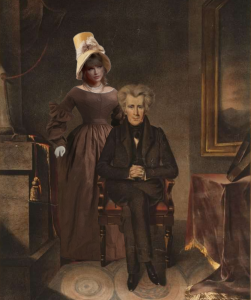
Regarded as one of the most prominent pop stars of all time, Beyoncé has become the first Black woman to top Billboard’s Hot Country charts. The “Crazy in Love” singer, who holds the record for most Grammy wins of all time, achieved a similar feat in the 2000s after becoming the first Black woman to have chart-topping R&B hits.
To achieve this most recent feat, the Houston native ventured into country music with “16 Carriages” and “Texas Hold ‘Em.” These tracks preface a full country album that’s rumored to serve as a sequel to her 2022 album “Renaissance.”
The songs have received plenty of praise since their release. “Texas Hold ‘Em” debuted at No. 2 on the Billboard Hot 100 before topping the chart this week, which solidified her place in country.
Despite the track’s commercial success, country enthusiasts were hesitant to accept the queen’s venture into the genre.
The station Oklahoma KYKC refused to play Beyoncé after a listener requested that it play her new singles via email. The listener revealed that the reply was “We do not play Beyoncé on KYKC as we are a country station.”
This is not the first time something like this happened. In 2019, rapper Lil Nas X’s country hit “Old Town Road” was removed from Billboard’s Hot Country Chart after reaching No. 1. The justification? It didn’t “embrace enough elements of today’s country music.”
For years, Black artists have fought for a place in the music industry. While white folks have homogenized genres like country music, critics of Beyoncé and Nas X often forget that country began with Black people.
In the documentary short-series “In the Making,” author and journalist Andrea Williams reminds us that “Black people have always made country music. The first string bands in this country were enslaved people.”
In spite of Black people’s roots in country music, they continue to be rejected from the genre. In the case of both Nas X and Beyoncé, they argued that the artists weren’t country enough and should go back to hip-hop, R&B or whatever genre best serves as a default for Black artists.
Beyoncé’s virality as a country star has proven conservative country zealots wrong. She was always country enough; she just wasn’t white.




